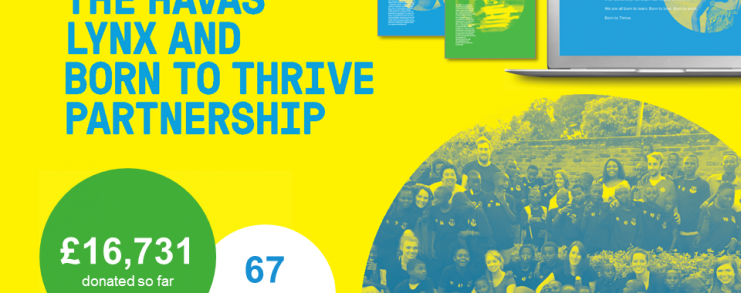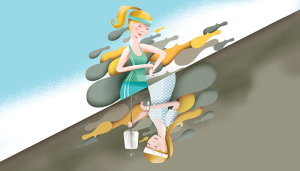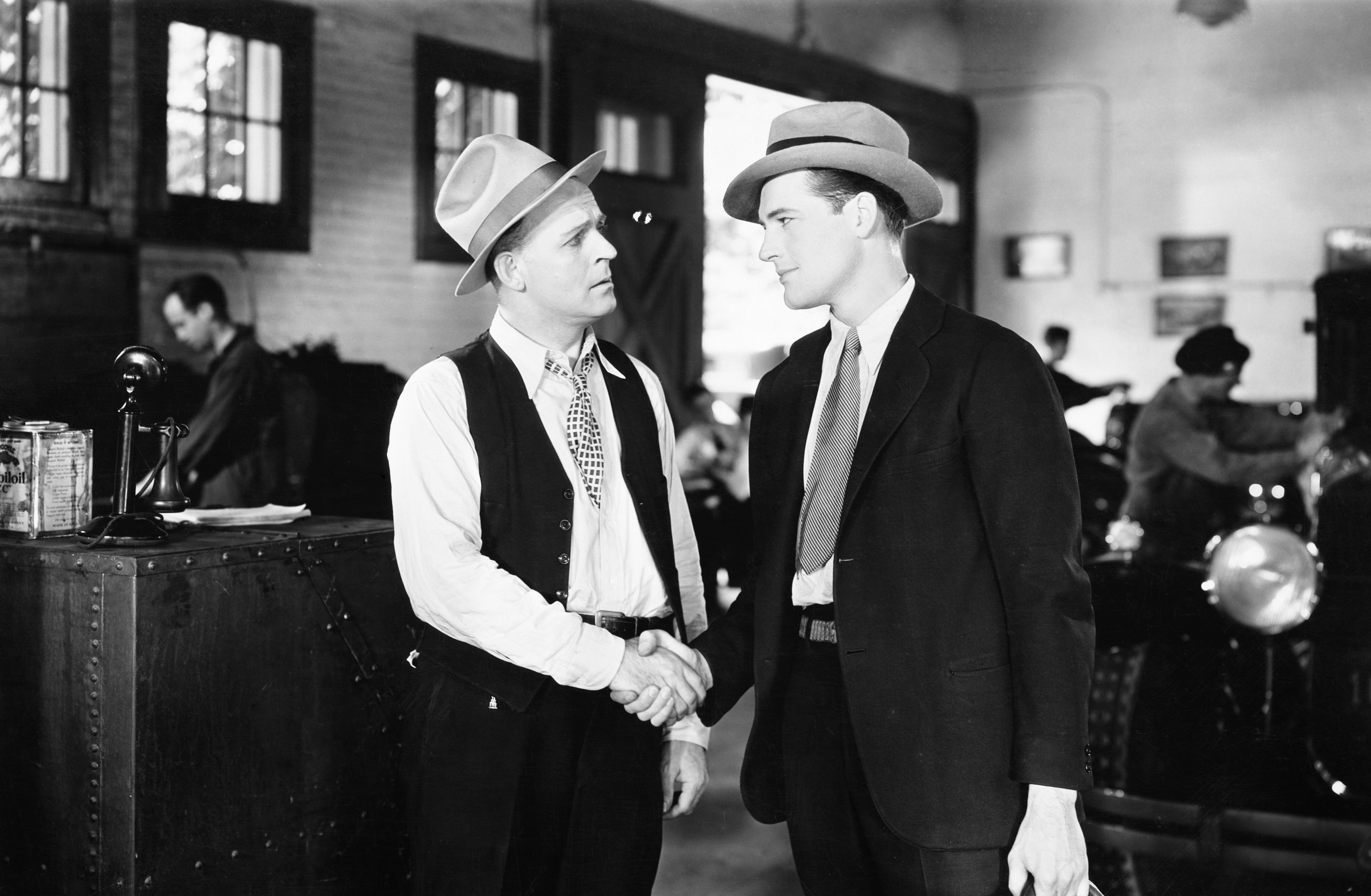‘Everywhere I see the mistake of ignoring that people have priorities in their lives besides merely surviving another day.’
– Dr. Atul Gawande
In Britain, the current strain on the NHS is a key topic as we head towards the general election in May. In the closing moments of a live debate on Channel 4 News last night, Health Secretary Jeremy Hunt commented that, ‘for the public, it’s not about public vs. private; it’s about good care vs. bad care’. But do we know what good care is?
The healthcare industry has been built upon treatments. Progress to date has been based on innovating around the molecular, on tackling problems in the minutiae of the atomic arena. It has brought some incredible advances and delivered great success in changing lives.
However, it’s a focus that ignores the bigger picture of the patients these treatments are created for. Patients whose conditions may infiltrate every aspect of their lives, and have consequences that they live with until their dying day. For these people, treatment is just one aspect of their journey, and the care they require extends far beyond this. They need help in communicating with professionals, understanding and accepting the implications of their condition, taking control of their health and the other aspects of their life it affects (work, finances, family). Unsupported in any of these instances, patients can feel isolated, confused, and deeply unhappy.
In his BBC Radio 4 Reith Lectures in December, Dr. Atul Gawande exclaimed that, ‘we’ve been rather limited about what we [in healthcare] think our job is, building systems of care for human existence. We think our job is to ensure health and survival, but really it is larger than that. It is to enable wellbeing, and wellbeing is ultimately about sustaining the reasons one wishes to be alive.’
We need to pay greater respect to wellbeing and happiness. It might sound trite to say that happier patients are healthier, but improved wellbeing has been shown to improve cancer outcomes, lower the risk of heart disease and stroke, encourage adoption of healthy behaviours, and even lengthen lifespans (amongst other health benefits).
In an era in which healthcare moves to outcomes based performance models, ensuring patient wellbeing could be a catalyst for improved treatment-brand success. It’s time to look far beyond the pill, from the beginning of a patient journey to the very end, and provide support at every moment in between. Support that instils patients with the happiness, confidence and encouragement to stride on toward a positive outcome.
For more on the power of subjective wellbeing and holistic support, read our latest white paper, Smiles That Save Lives
Watch our introduction of our interview with Lucy May Middleton, holistic support advocate and educator here









